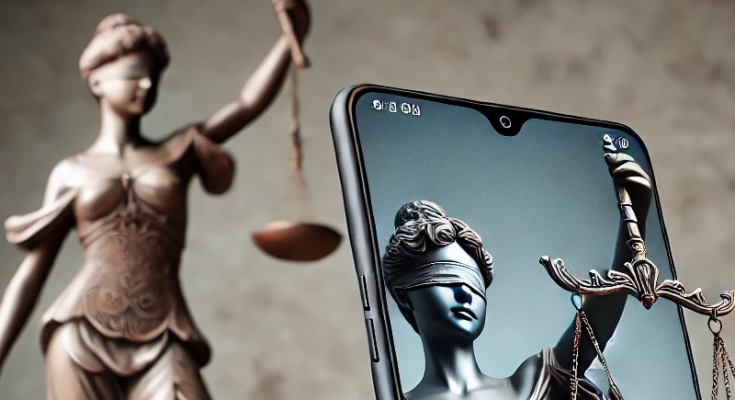The Delaware Supreme Court has implemented a new permanent policy permitting the use of cellphones and other personal electronic devices (PEDs) in state courthouses, effective August 7, 2024. This decision follows a successful two-year pilot program initiated at the request of Family Court Chief Judge Michael Newell.
Chief Justice Collins J. Seitz, Jr. highlighted the motivation behind the policy, stating, “The goal was to enhance access to justice for litigants and other visitors to our courthouses.” He emphasized the necessity of cellphones and PEDs in daily life, noting that these devices often contain essential personal information.
The pilot program, which began in July 2022 at select courthouses and expanded statewide by July 2023, was designed to evaluate the impact of allowing PEDs in court facilities. Over the course of the program, the judiciary monitored for potential safety issues or disruptions. Chief Justice Seitz remarked, “We have not seen a significant disruption or safety concerns. Instead, we have seen great benefits to the public, particularly those involved in Family Court and Justice of the Peace Court cases.”
Under the new policy, the public can use their devices for calls, internet access, and other functions in public areas of courthouses, provided such use does not disrupt court proceedings. However, photographing or recording audio or video remains largely prohibited, with an exception for photographing or scanning public court documents in clerks’ offices, provided it does not damage the documents or hinder clerks’ operations.
In courtrooms, devices must be turned off or set to silent mode. Judicial officers have the authority to require devices to be placed in secure, locking pouches if they pose a safety or security threat or interfere with the administration of justice. Court security will manage these secure pouches, ensuring they are locked and unlocked as necessary.
The adoption of this policy marks a shift in court operations, aiming to improve scheduling efficiency and access to justice while accommodating the modern necessity of staying connected through personal electronic devices.

